GEF Morocco agriculture project increases crop yields in face of changing climate
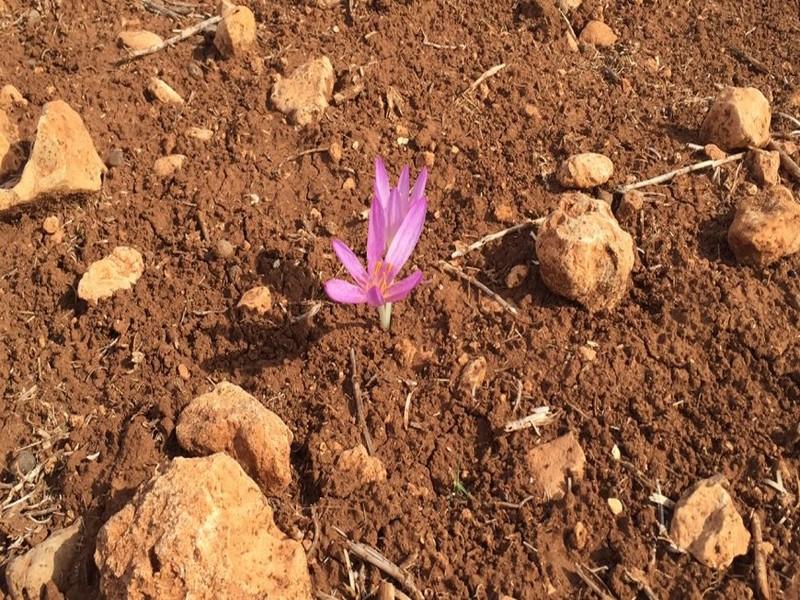
Special Climate Change Fund helps Plan Maroc Vert: supporting adaptation for the most vulnerable
In the region around Settat, a city between Marrakesh and Casablanca, the Global Environment Facility (GEF) financed the purchase of direct seeding machines so that small farmers could seed without laboring the soil. In a region impacted by a warming climate, this improves the soil structure so it can retain more rainfall in the root zone.
Small-scale farmers have seen their yield raise by 50 percent in wet years and by 100 percent in dry years compared to traditional seeding. Based on these results, the government designed a nationwide subsidy that reduces the cost of the direct seeding machines to that of traditional seeding machines so as to allow small-scale farmers to access the technology.
The GEF CEO, Naoko Ishii, along with GEF council members and media representatives visited the adaptation project which is financed by the GEF’s Special Climate Change Fund (SCCF), a fund that was conceived at the UNFCCC COP7 in Morocco in 2001. The field visit took place during a break in the COP22 negotiations in Marrakesh.
Thanking the donors, government, partners and the farmers themselves, Naoko Ishii, GEF CEO and Chairperson, said she was “proud to see what we’ve done”. She noted that “the investment has produced tangible results that has spread to other parts of the country.”
The impact of the GEF SCCF seed funding is one of many successful adaptation efforts in Morocco piloted by the project, Integrating Climate Change into the Implementation of the Plan Maroc Vert (PICCPMV). Part of an increased awareness of the Moroccan Government to address adaptation needs, it is funded with a GEF grant of $4.3 million and is implemented by the World Bank. The project was designed to support tangible adaptation interventions such as goods and services aimed at benefitting small-scale farmers in five target regions, and to develop capacities of public and private institutions to integrate climate change adaptation efforts in such projects.
Oussama El Gharras, an agricultural engineer at the National Institute for Agronomic Research (Institut National de Recherche Agronomique – INRA) remarked during the visit, “This project was primarily designed to address the negative effects of climate change and to increase the resilience among our hard hit agricultural communities to adapt to the new reality. But it has gone far beyond that: not only has it led to a switch from traditional farming methods to more advanced ones including the use of state of the art technology, it has also shown that the approach can be replicated throughout Morocco and therefore was the beginning of a large scale transformation of agricultural practices that have the power to deal with the changing climate, namely increased droughts and degradation of soils.”
In Morocco, and elsewhere, the impact of rising temperatures due to climate change can be seen through more extreme weather patterns, diminishing water resources and crop yields. With the poorest often most at risk, adaptation to climate change is essential in order to combat its adverse effects on the most vulnerable.
Cereal production that relies on rainfall varies greatly depending on the rainfall pattern. In 2015-16, there was a delay in the rains which resulted in a 70 percent reduction in nationwide cereal production for Morocco compared to the previous year. This led to the need to import 4 million tons of grains. At the same time, irrigating cereals is not an option, due to scarce water resources. The challenge is to use rain better to increase and stabilize cereal production.
Le 23 Décembre 2016
SOURCE WEB Par Thegef
Les tags en relation
Les articles en relation
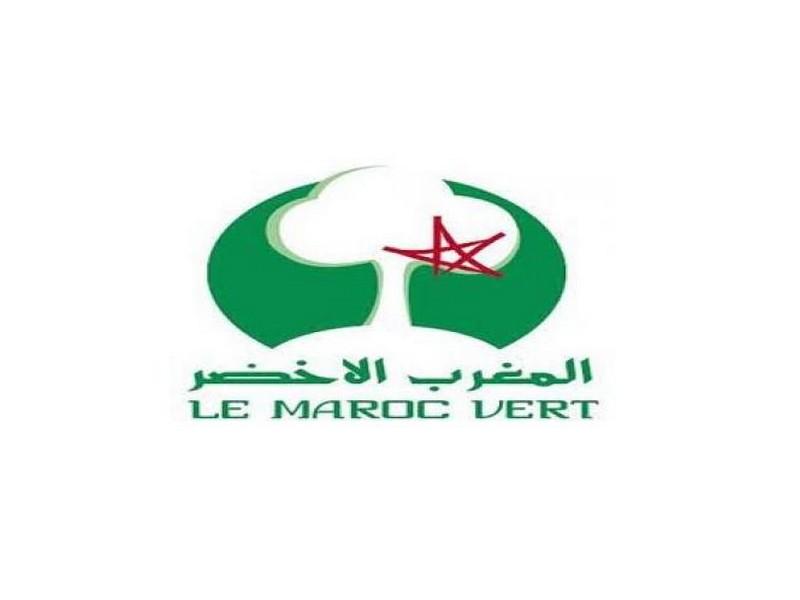
Le PMV développe trois programmes d'adaptation de l’agriculture aux changements climatiques
Le Plan Maroc Vert (PMV) a développé, depuis son lancement, trois principaux programmes d’adaptation de l’agriculture aux changements climatiques et a pla...

Séisme d’Al Haouz : les leçons d’un drame analysées par trois experts
L’Office national marocain du tourisme (ONMT) répond à l’appel à la solidarité nationale Mustapha Sehimi, professeur de droit et politologue, Nabil Mekk...
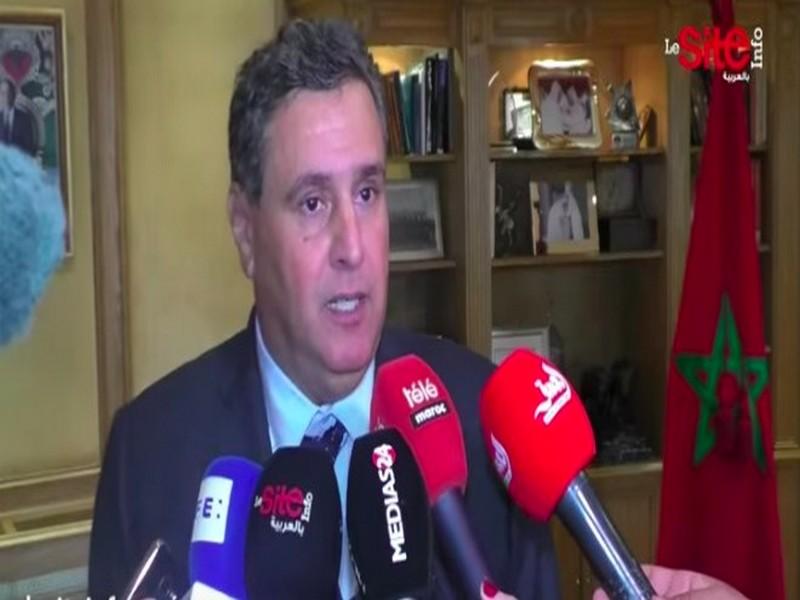
Aziz Akhannouch à l’écoute des représentants de la région d’Agadir
Le ministre de l’Agriculture, de la pêche maritime, du développement rural et des eaux et forêts, Aziz Akhannouch, a tenu, jeudi à Rabat, une rencontre av...
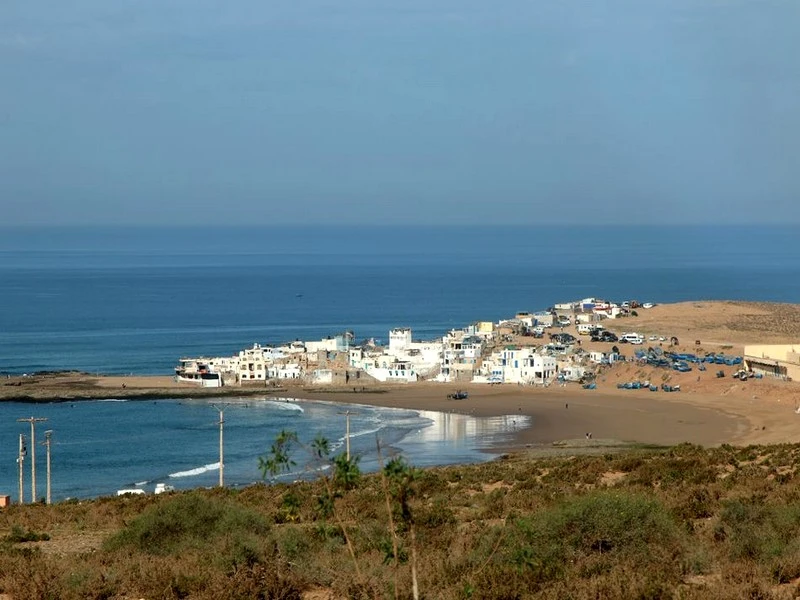
Tifnit : ce beau petit village de pêcheurs va disparaître !
Un beau petit village de pêcheurs ! Internet ne tarissait pas déloges pour cet endroit si pittoresque et calme : Tifnit est un lieu extraordinaire :...
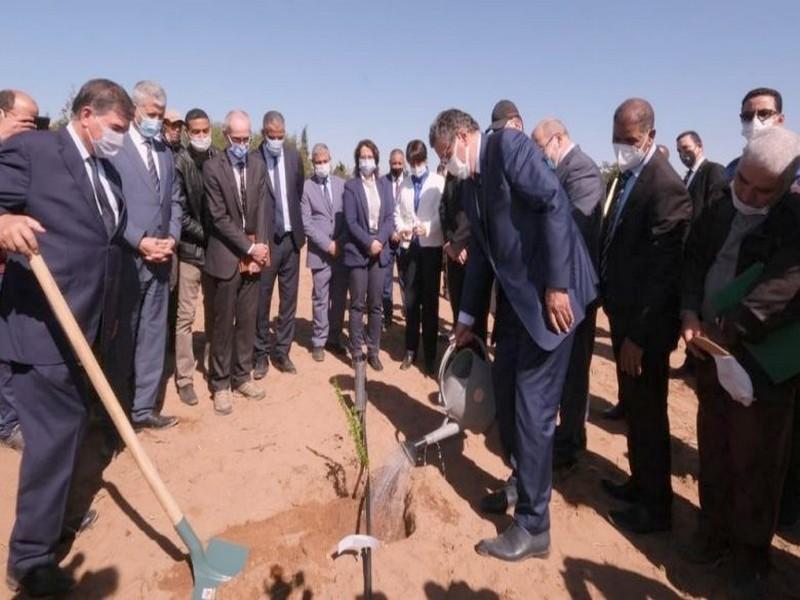
#Souss_Massa_Akhannouch_projets_agricoles: Il lance plusieurs projets agricoles
Aziz Akhannouch, ministre de l’Agriculture, de la Pêche Maritime, du Développement Rural et des Eaux et Forêts, a effectué le mardi 16 février 2021, une ...
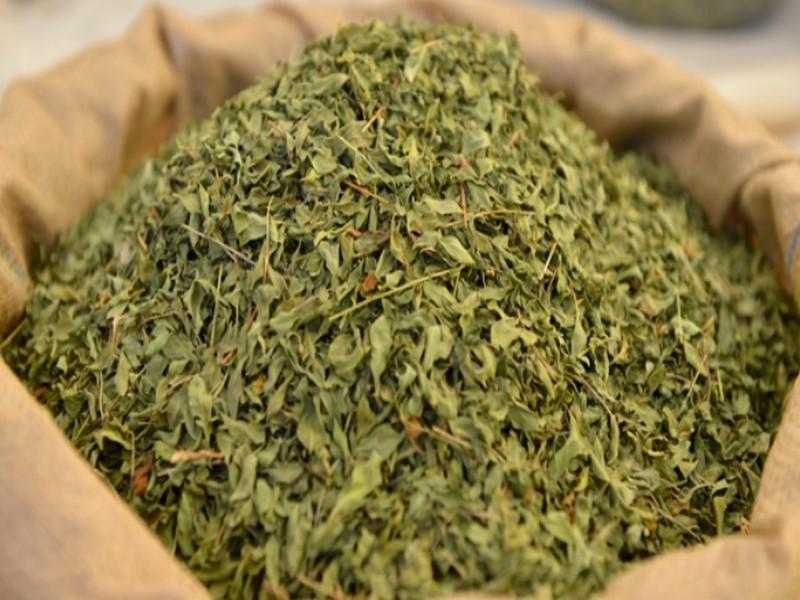
Appel à promouvoir le henné à Zagora La production en 2017 était de 4200 tonnes
Les participants à un séminaire organisé, mardi, à Zagora ont appelé à promouvoir davantage les programmes de renforcement des capacités des organisation...
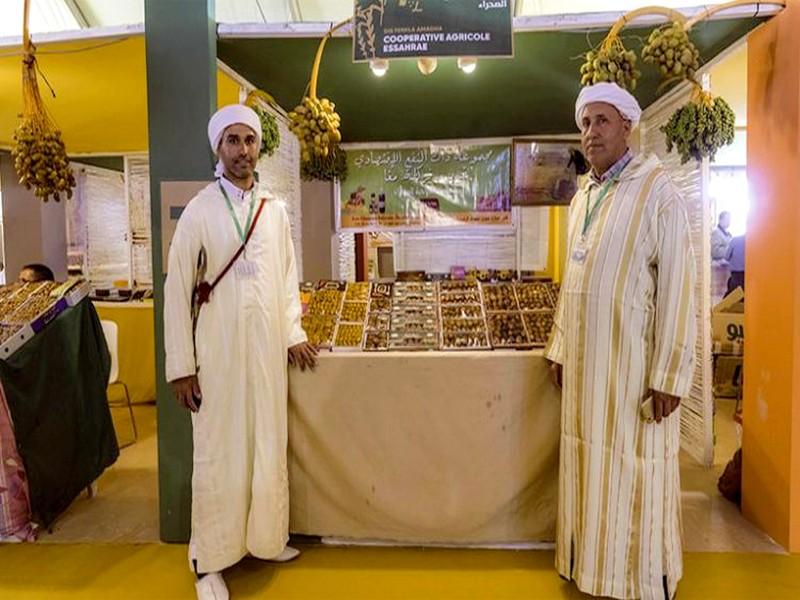
Dattes : “Sidattes” revient pour une 10e édition à Erfoud
La nouveauté cette année est que le salon sera installé sur un nouveau site, une superficie de 40 000m2. Pas moins de 80 000 visiteurs sont attendus. «Pa...

La diplomatie environnementale du Maroc en Afrique: un mix intérieur-extérieur
Dans le travail de réinscription de sa diplomatie au sein du continent africain, le Maroc a développé un instrument particulièrement performant : le mix int...
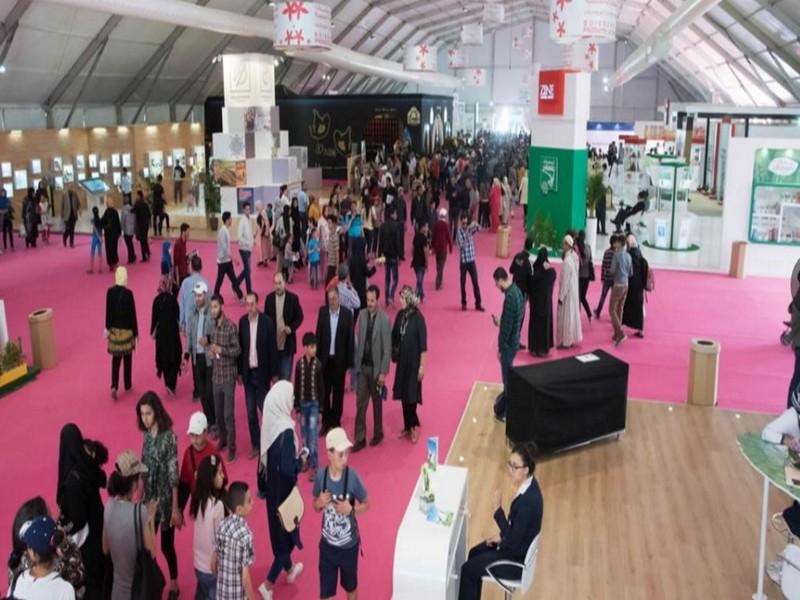
Le développement de l'agro-industrie en ligne de mire
Deux contrats-programmes signés en marge du SIAM Deux contrats-programmes sur le développement de l’agro-industrie et l’agriculture ont été signés, ...

Tomate: Catastrophe à l’export
Baisse vertigineuse des prix qui ne couvrent plus les frais Le caisson de 30 kilos est vendu à 10 DH, soit autour de 0,50 DH le kilo Les professionnels t...
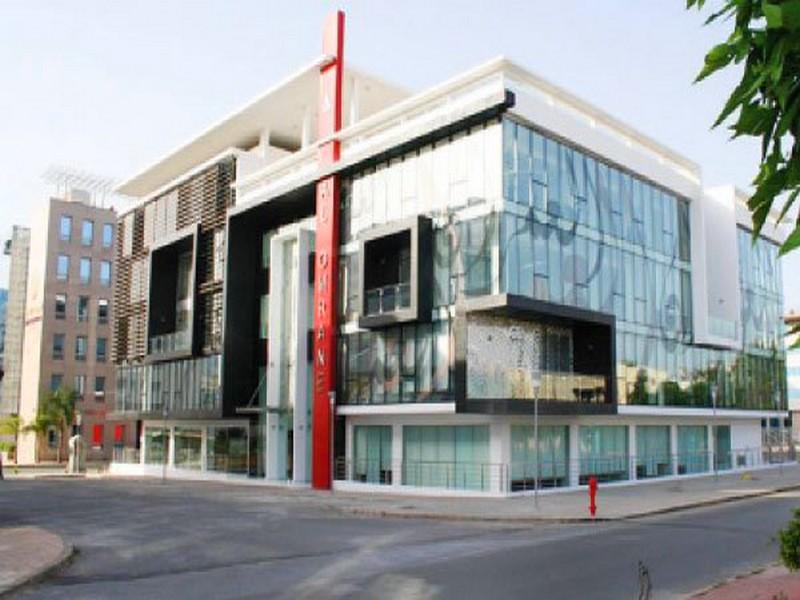
Un parc industriel de 100 ha en projet à Errachidia
Bonne nouvelle pour les industriels de la région d’Errachidia. Le groupe Al Omrane planche sur l’aménagement d’un parc industriel dans cette ville. Il a...
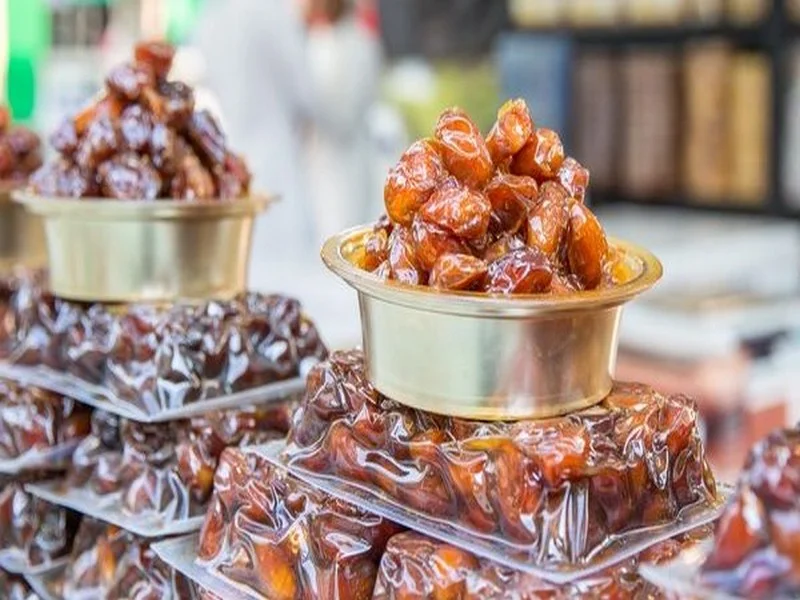
Maroc : la production de dattes est passée de 90.000 à 127.000 tonnes
La production de dattes au Maroc est passée de 90.000 à 127.000 tonnes. Le Plan Maroc Vert a accordé une importance particulière à la filière phoenicic...


 mardi 27 décembre 2016
mardi 27 décembre 2016 0
0 
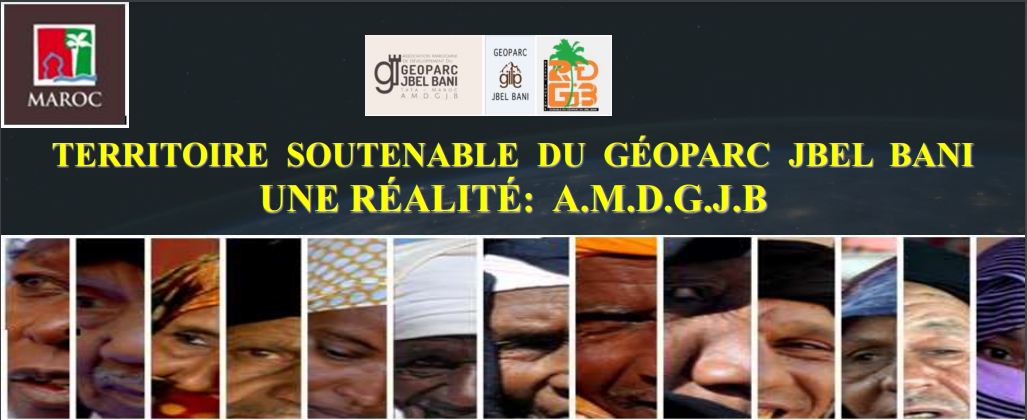
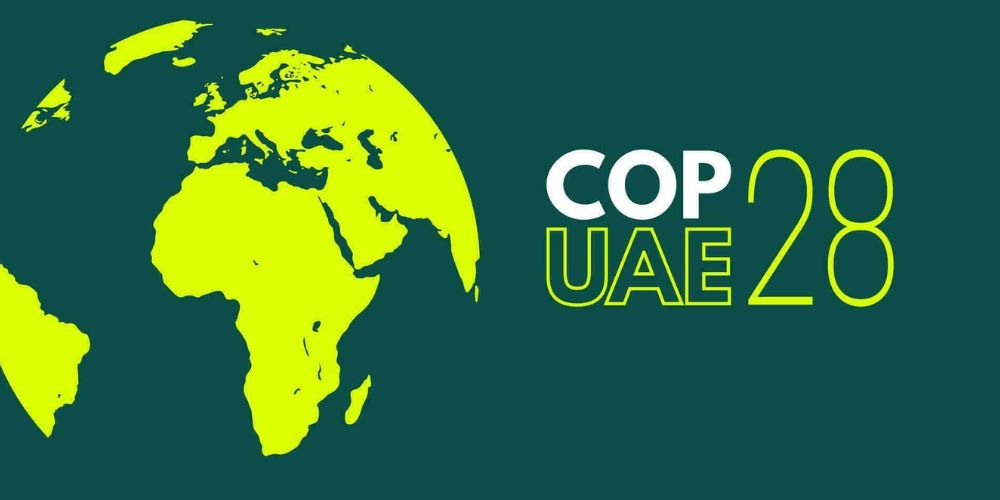


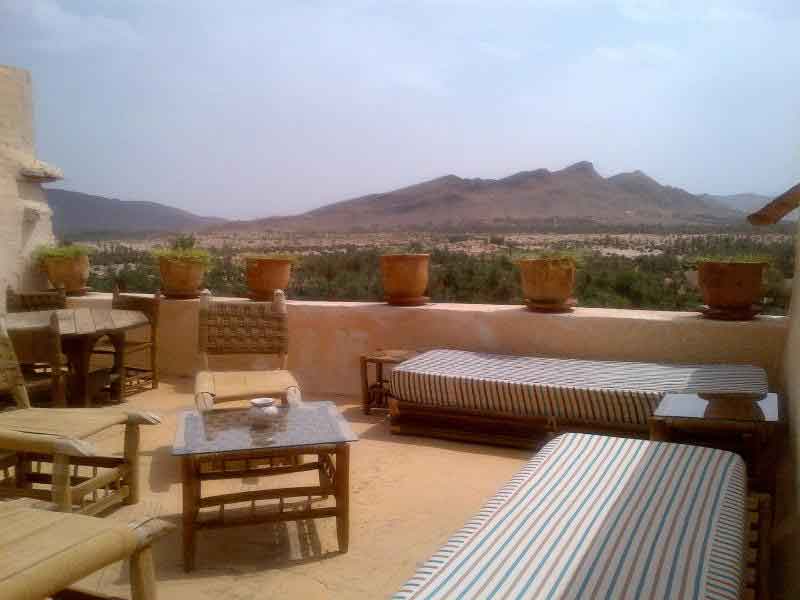
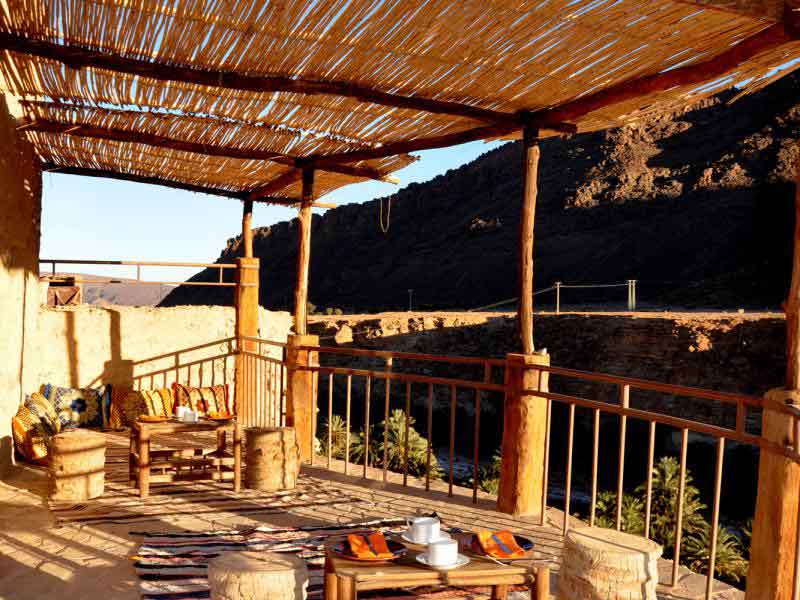
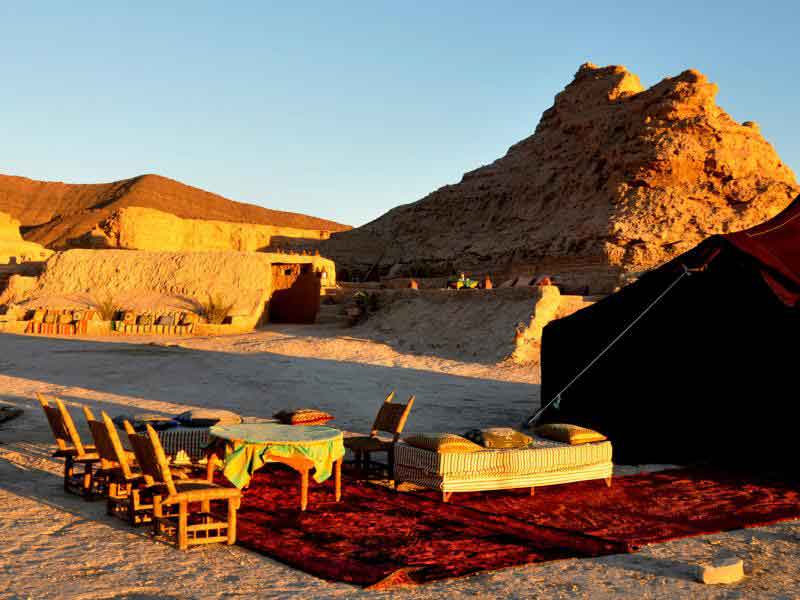
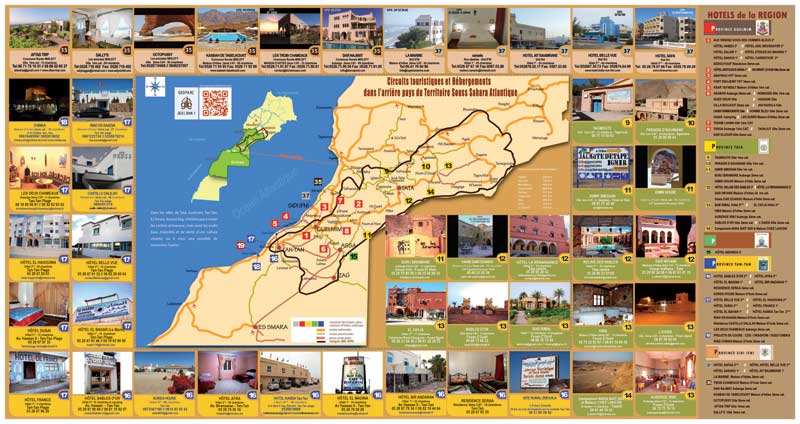
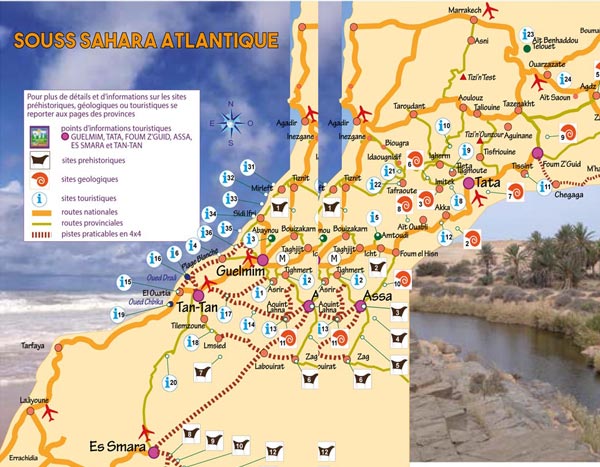
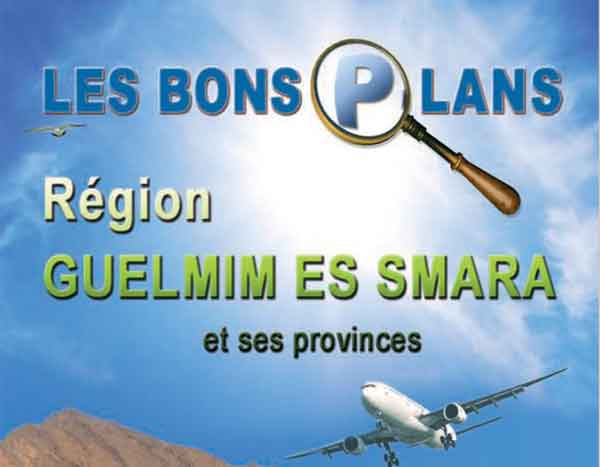
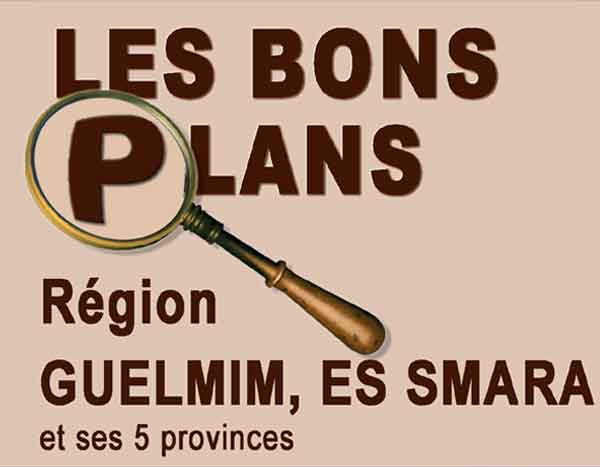


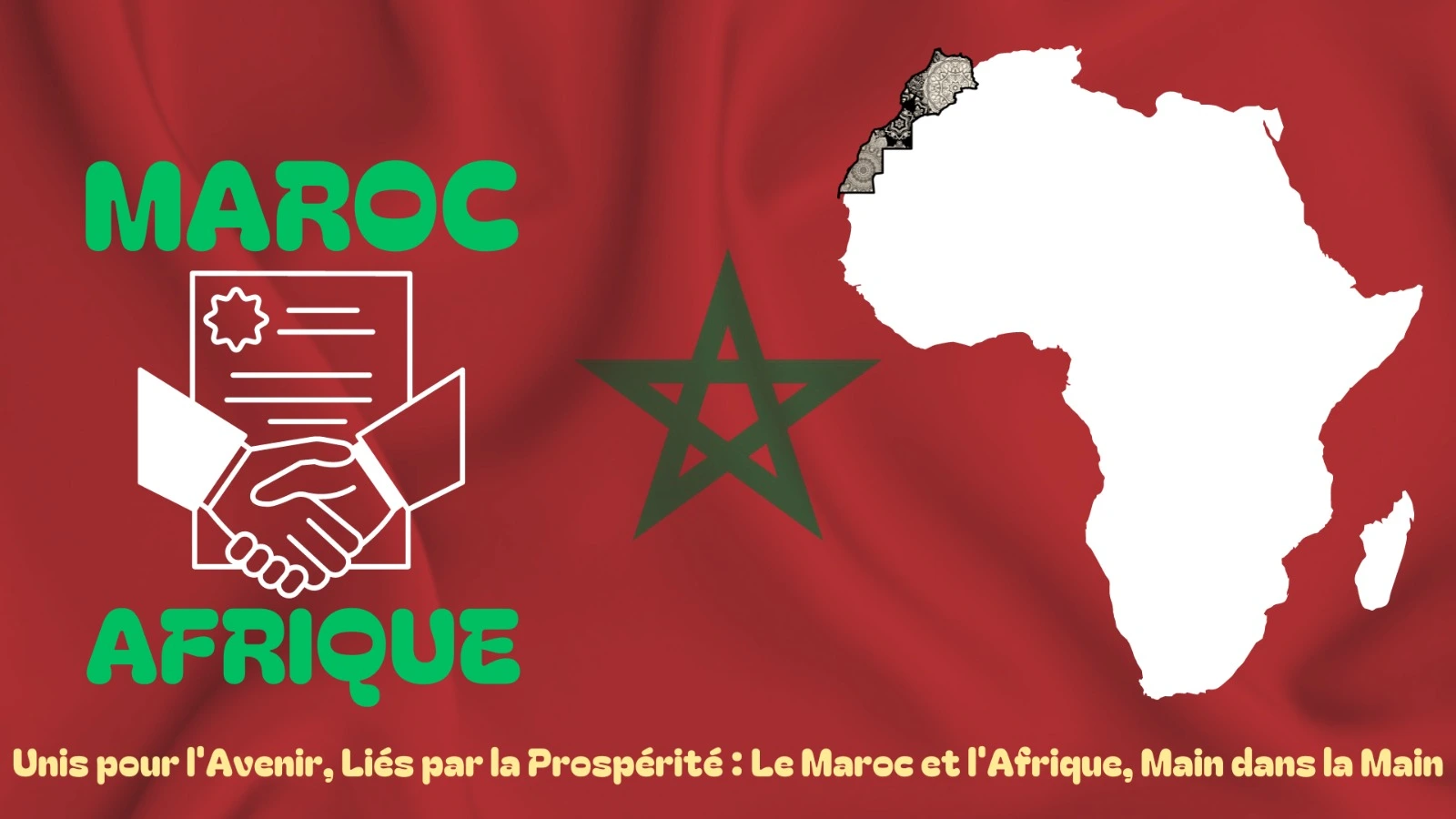

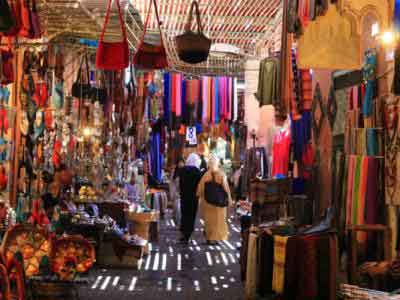
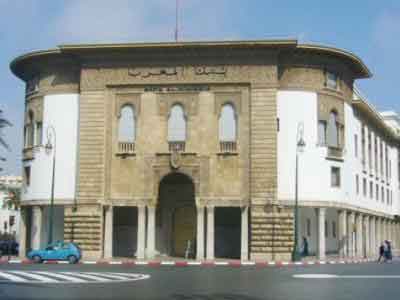
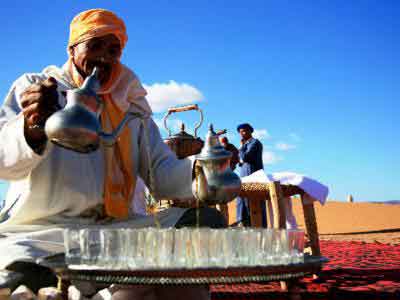

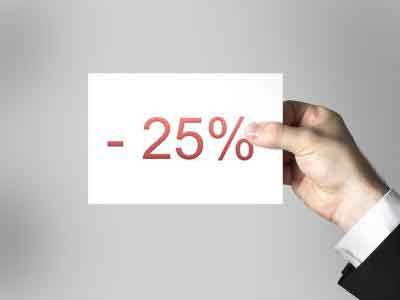
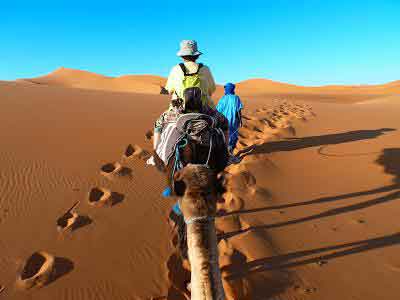
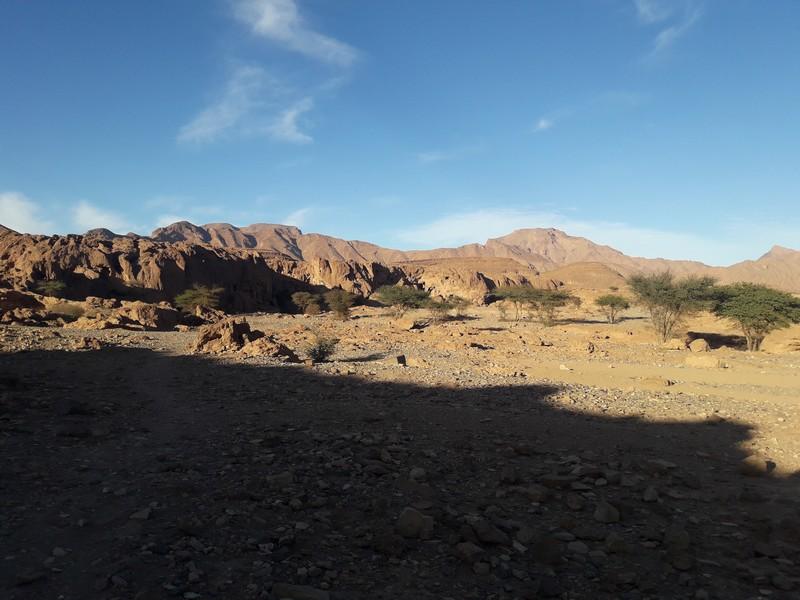
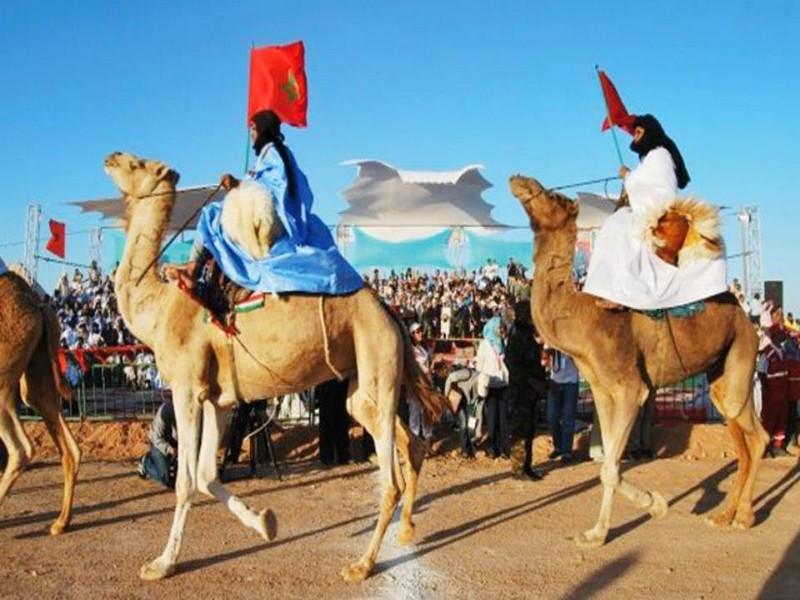
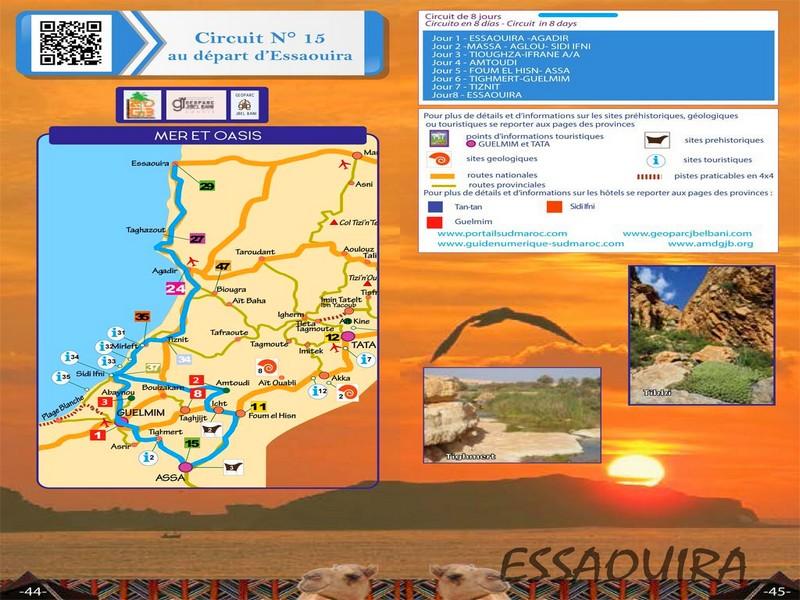
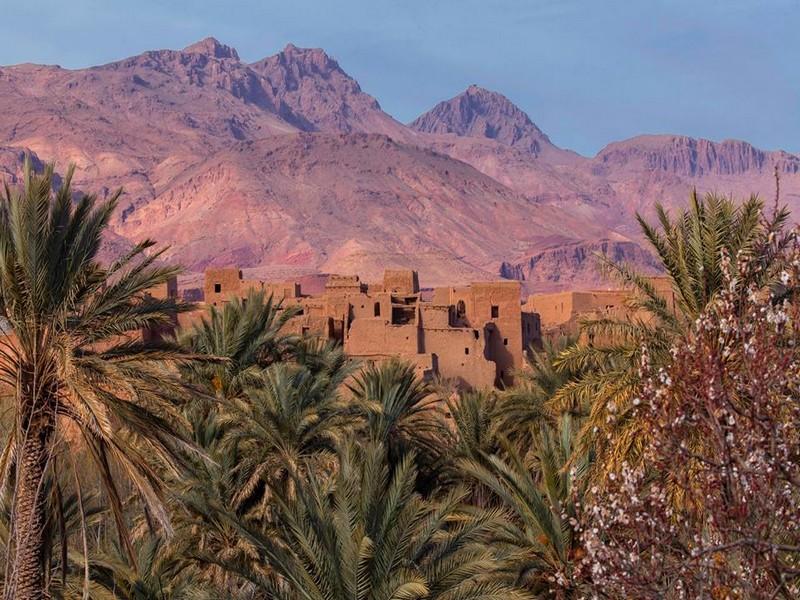
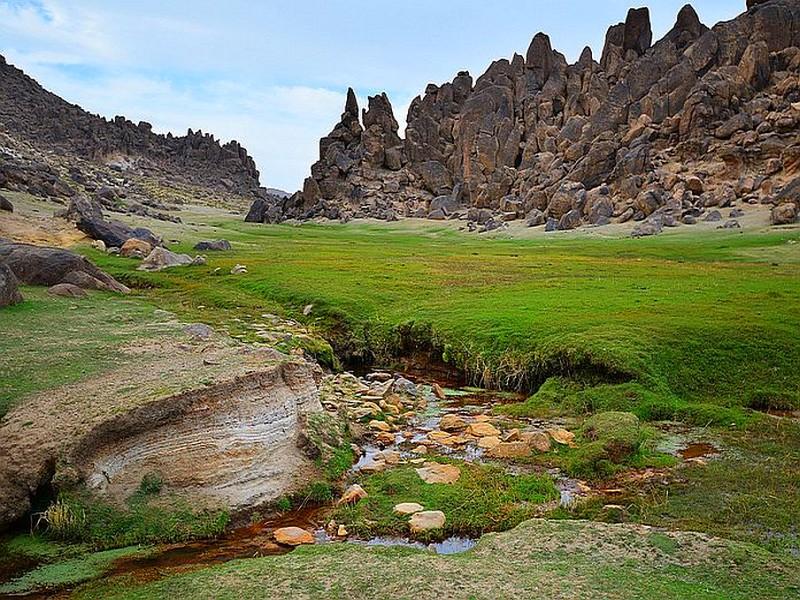
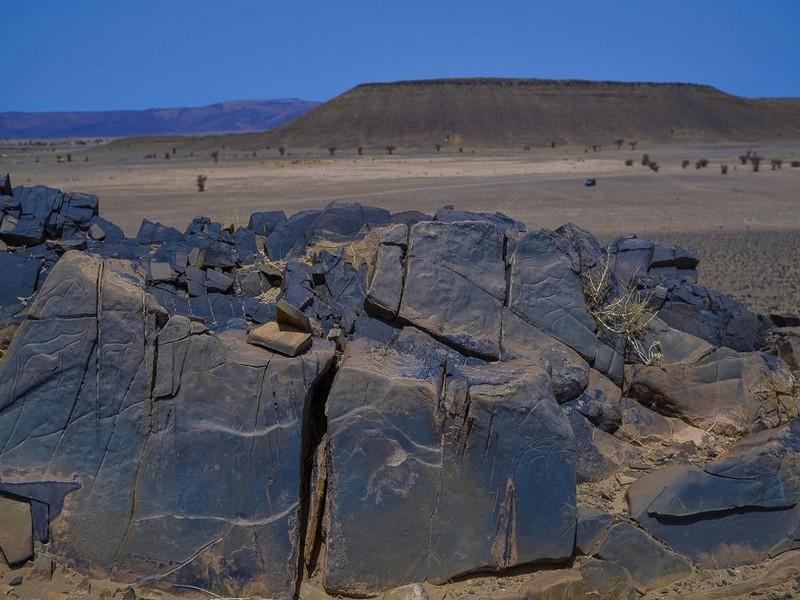

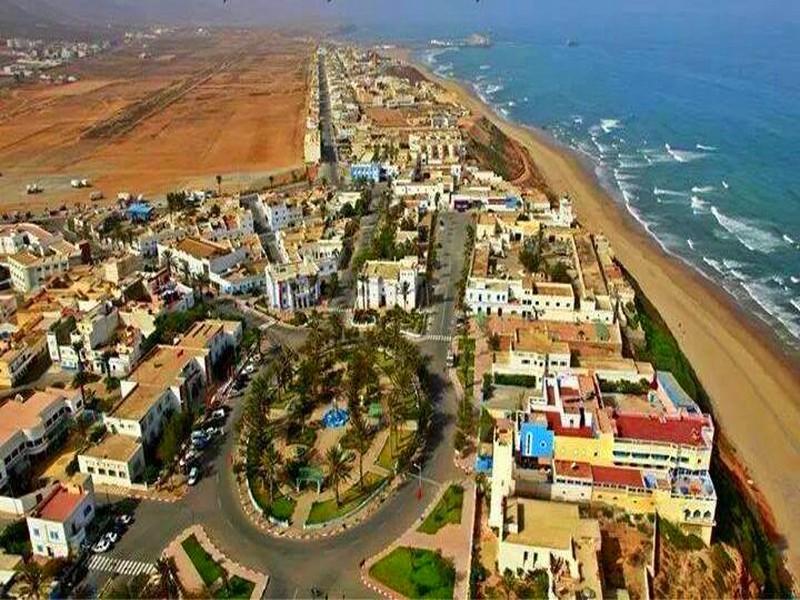
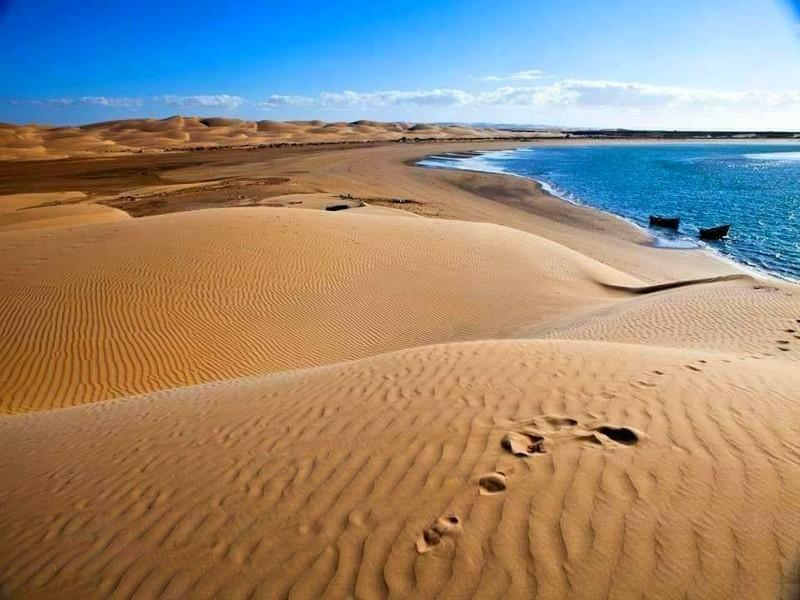
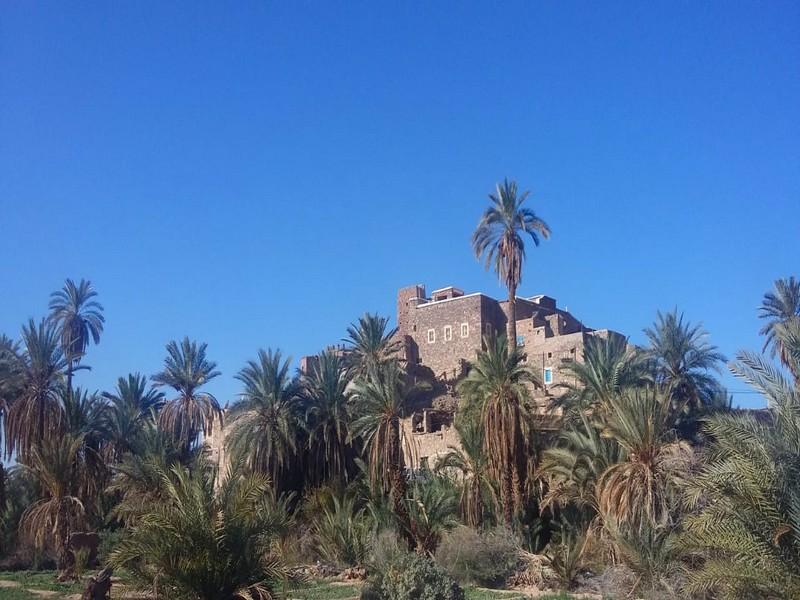


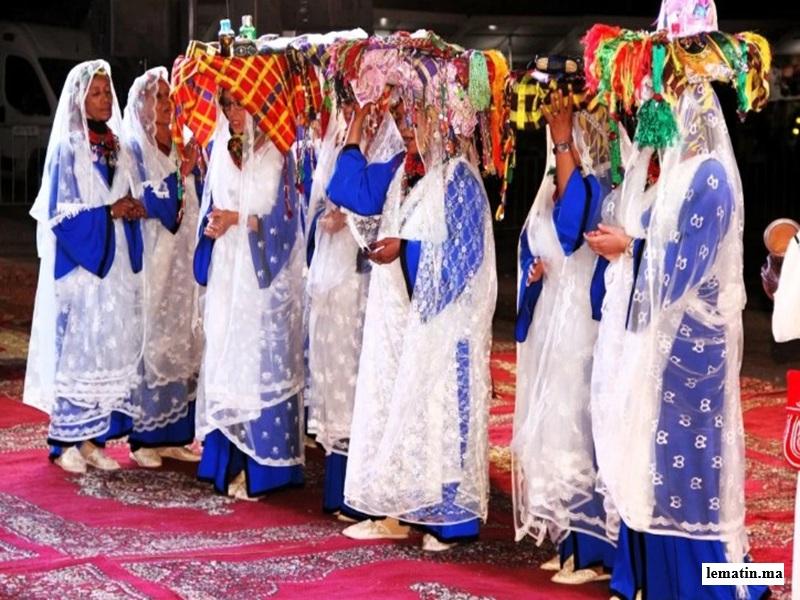

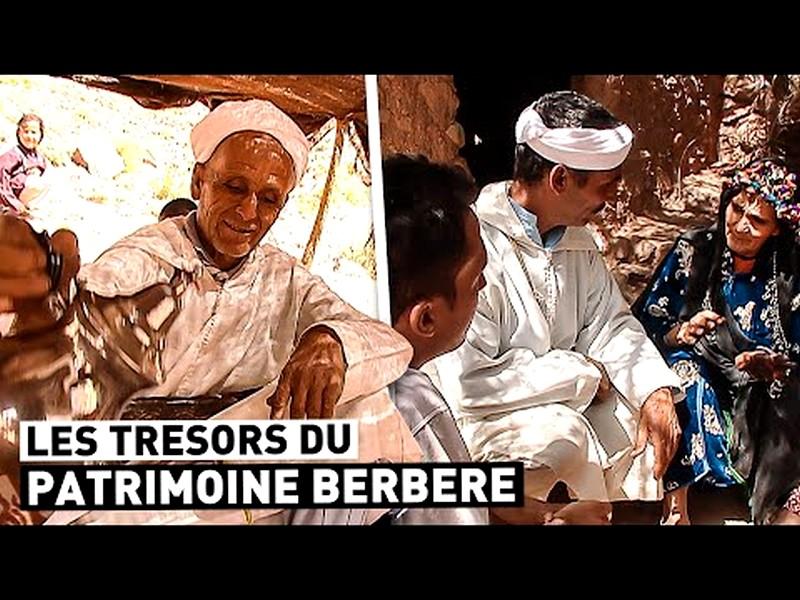
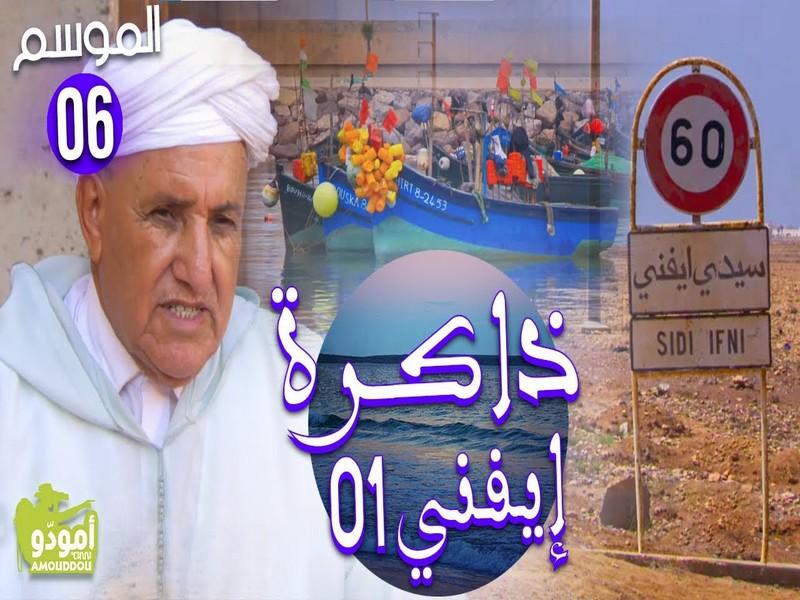

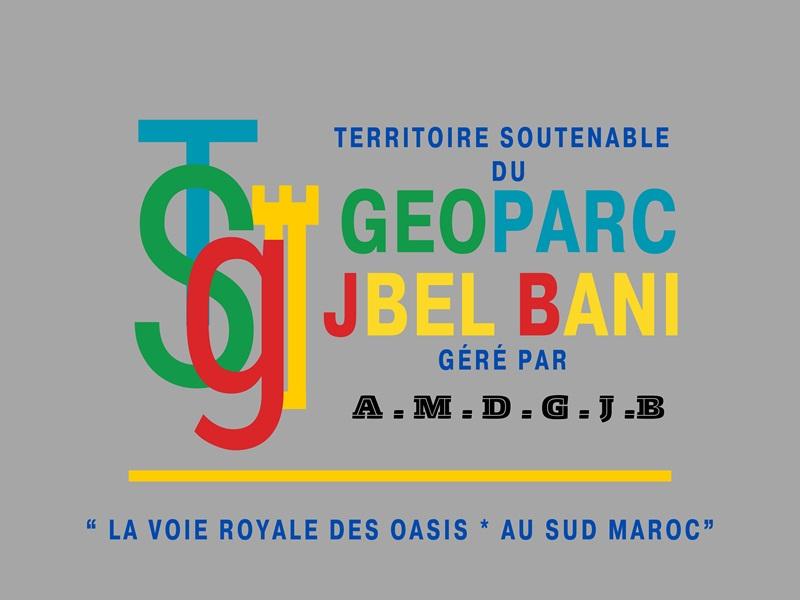
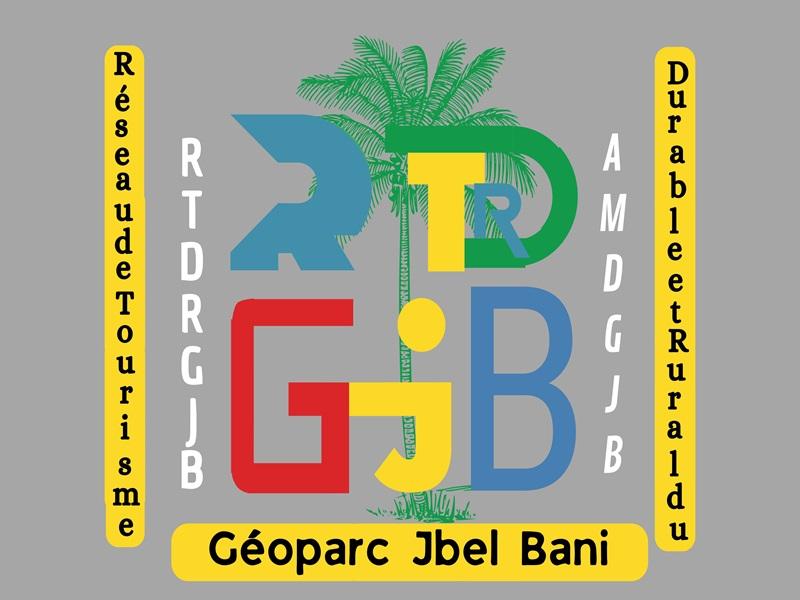
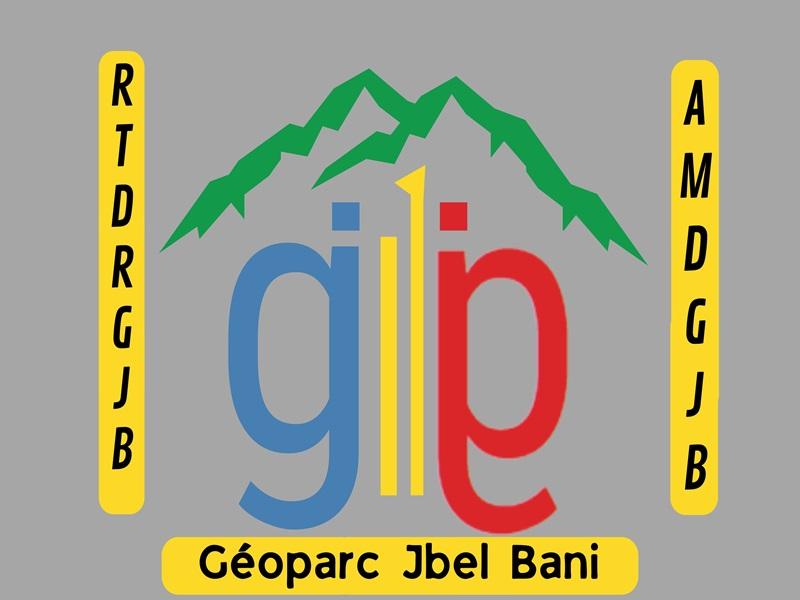
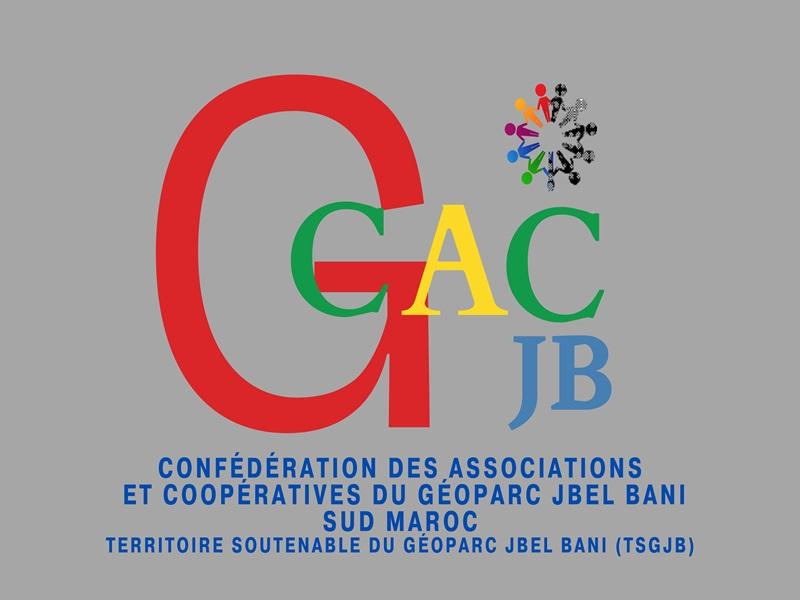
 Découvrir notre région
Découvrir notre région